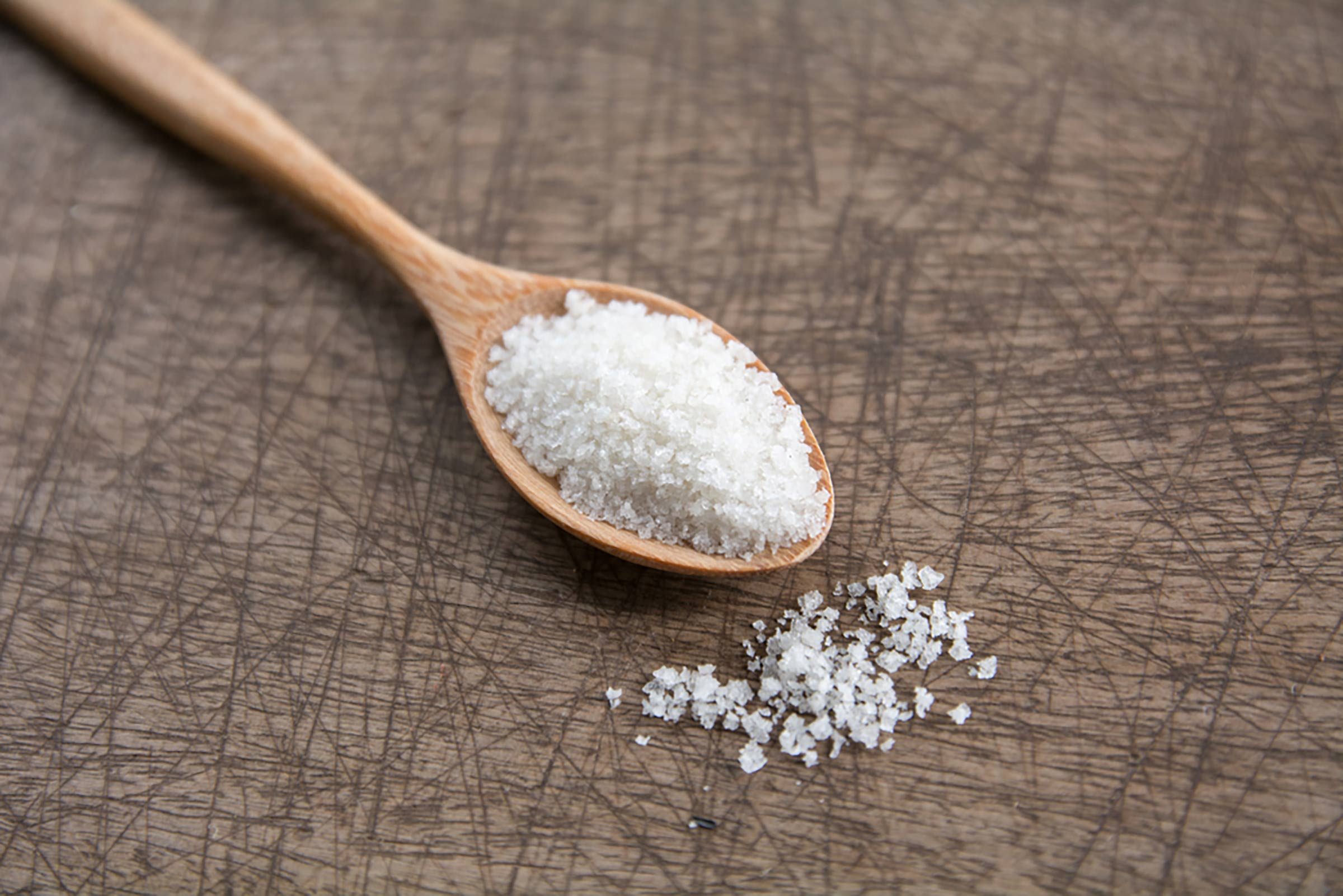For many years, iodized salt has been the primary source of iodine for people all over the world. Iodine is an essential mineral that helps the thyroid gland produce hormones. A deficiency in iodine can lead to serious health problems, including goiter, hypothyroidism, and mental retardation. However, despite its benefits, there are some downsides to iodized salt that people should be aware of.
The Problem with Iodine

While iodine is an essential mineral, getting too much of it can be harmful. According to the World Health Organization (WHO), the recommended daily intake of iodine for adults is 150 micrograms. However, most people consume more than this amount because iodine is added to many foods, including salt. This excess iodine can lead to thyroid problems, including hyperthyroidism and autoimmune thyroiditis.
The Dangers of Iodized Salt

Although iodized salt is a good source of iodine, it also contains sodium, which can be harmful to your health if consumed in excess. According to the American Heart Association, the recommended daily intake of sodium for adults is 2,300 milligrams. However, most people consume far more than this amount, which can lead to high blood pressure, heart disease, and stroke.
The Benefits of Sea Salt

If you're looking for a healthier alternative to iodized salt, consider using sea salt. Unlike iodized salt, sea salt is unrefined and contains natural minerals, including magnesium, potassium, and calcium. These minerals can help regulate your blood pressure, improve your immune system, and even reduce your risk of developing osteoporosis.
The Risks of Sea Salt

Although sea salt is healthier than iodized salt, it's important to remember that it still contains sodium. While sea salt may contain less sodium than iodized salt, it's still important to monitor your intake to avoid consuming too much. Additionally, some sea salt contains pollutants, including mercury and microplastics, which can be harmful to your health.
The Bottom Line

While iodized salt has its benefits, it's important to be aware of the risks associated with consuming too much sodium and iodine. If you're looking for a healthier alternative, consider using sea salt, but be sure to monitor your intake to avoid consuming too much sodium. Ultimately, the key to a healthy diet is moderation and balance.
Meta Description
Find out the potential risks associated with consuming iodized salt and how sea salt can be a healthier alternative.
Meta Keywords
iodized salt, sea salt, sodium, iodine, health risks, healthy diet